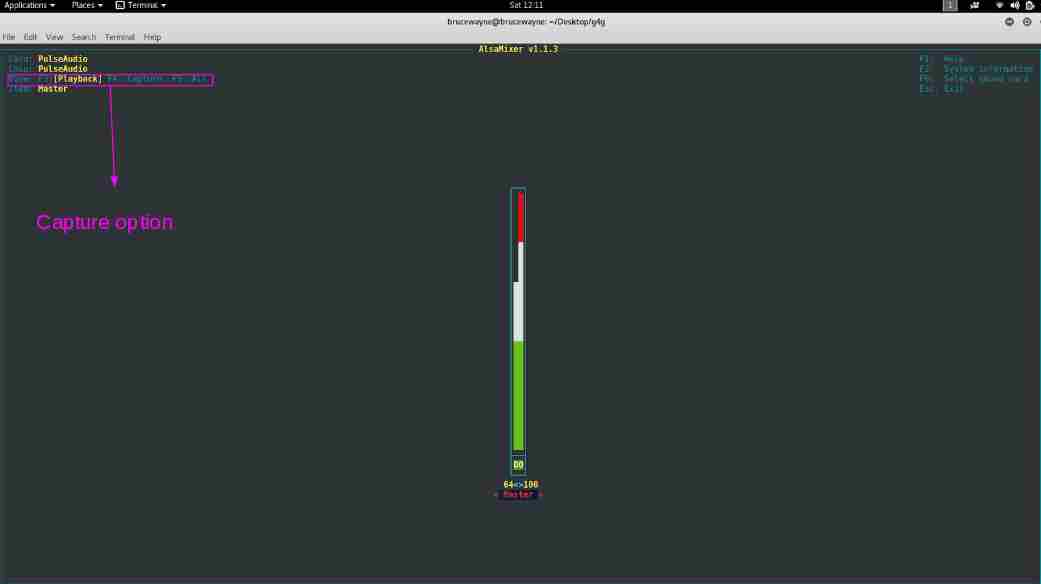python中的divmod()方法接受两个数字,并返回一对由它们的商和余数组成的数字。
null
语法:
divmod(x, y)x and y : x is numerator and y is denominatorx and y must be non complex
例如:
Input : x = 9, y = 3Output :(3, 0)Input : x = 8, y = 3Output :(2, 2)
说明: divmod()方法采用两个参数x和y,其中x被视为分子,y被视为分母。该方法同时计算这两个参数 x//y 和 x%y 并返回两个值。
- 如果x和y是整数,则返回值为
(x // y, x % y)
- 如果x或y是一个浮点数,结果是
(q, x % y), where q is the whole part of the quotient.
Python3
# Python3 code to illustrate divmod() # divmod() with int print ( '(5, 4) = ' , divmod ( 5 , 4 )) print ( '(10, 16) = ' , divmod ( 10 , 16 )) print ( '(11, 11) = ' , divmod ( 11 , 11 )) print ( '(15, 13) = ' , divmod ( 15 , 13 )) # divmod() with int and Floats print ( '(8.0, 3) = ' , divmod ( 8.0 , 3 )) print ( '(3, 8.0) = ' , divmod ( 3 , 8.0 )) print ( '(7.5, 2.5) = ' , divmod ( 7.5 , 2.5 )) print ( '(2.6, 10.7) = ' , divmod ( 2.6 , 0.5 )) |
输出:
(5, 4) = (1, 1)(10, 16) = (0, 10)(11, 11) = (1, 0)(15, 13) = (1, 2)(6.0, 5) = (2.0, 2.0)(3, 9.0) = (0.0, 3.0)(13.5, 6.2) = (3.0, 0.0)(1.6, 10.7) = (5.0, 0.10000000000000009)
错误和例外
- 如果两个参数中的任何一个(比如x和y)是浮点,则结果是(q,x%y)。这里,q是商的全部。
- 如果第二个参数为0,则返回 零除法误差
- 如果第一个参数为0,则返回(0,0)
实际应用: 使用divmod()函数检查数字是否为素数。
例如:
Input : n = 7Output :PrimeInput : n = 15Output :Not Prime
算法
- 初始化一个新变量,比如用给定的整数x,变量计数器为0
- 运行一个循环,直到给定的整数变为0,并不断递减。
- 将divmod(n,x)返回的值保存在两个变量中,例如p和q
- 检查q是否为0,这意味着n完全可以被x整除,因此增加计数器值
- 检查计数器值是否大于2,如果大于,则数字不是素数,否则是素数
Python3
# Python code to find if a number is # prime or not using divmod() # Given integer n = 15 x = n # Initialising counter to 0 count = 0 while x ! = 0 : p, q = divmod (n, x) x - = 1 if q = = 0 : count + = 1 if count > 2 : print ( 'Not Prime' ) else : print ( 'Prime' ) |
输出:
Not Prime
更多应用程序:
例1:
Python3
# Sum of digits of a number using divmod num = 86 sums = 0 while num ! = 0 : use = divmod (num, 10 ) dig = use[ 1 ] sums = sums + dig num = use[ 0 ] print (sums) |
输出:
14
例2:
Python3
# reversing a number using divmod num = 132 pal = 0 while num ! = 0 : use = divmod (num, 10 ) dig = use[ 1 ] pal = pal * 10 + dig num = use[ 0 ] print (pal) |
输出:
231
© 版权声明
文章版权归作者所有,未经允许请勿转载。
THE END


![关于”PostgreSQL错误:关系[表]不存在“问题的原因和解决方案-yiteyi-C++库](https://www.yiteyi.com/wp-content/themes/zibll/img/thumbnail.svg)





